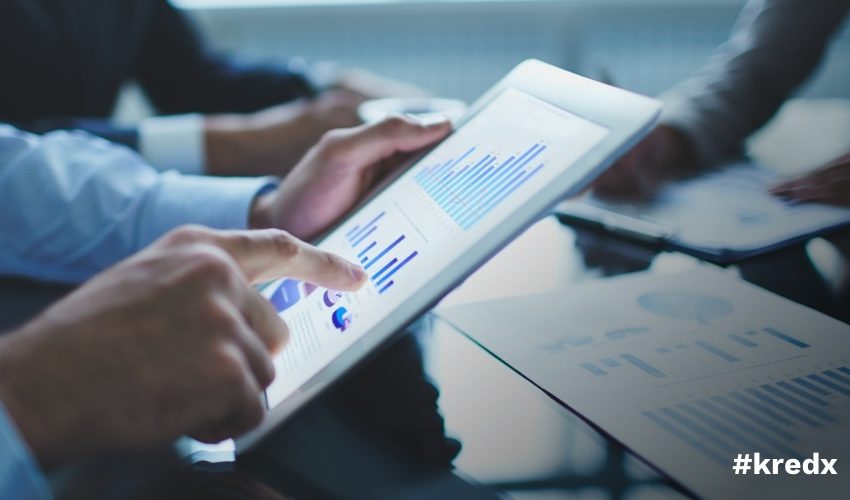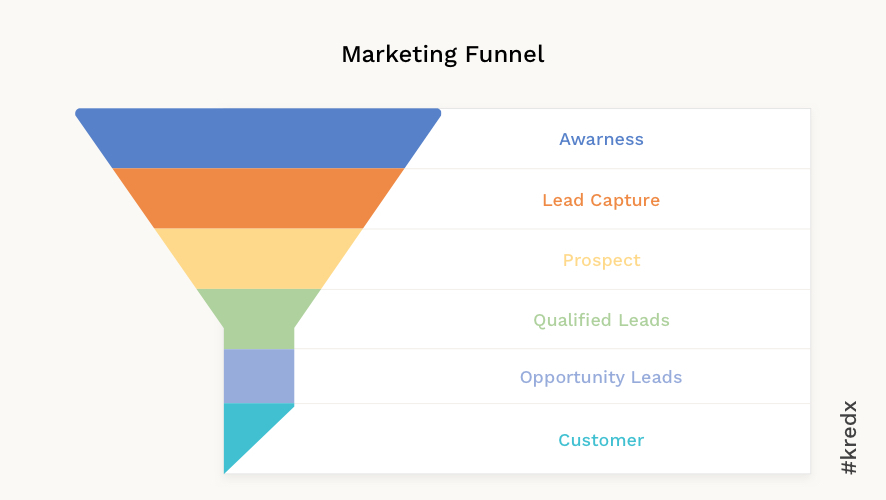
How To Harness The Power Of Data In Your Marketing Strategy
Have you ever wondered how data holds the maximum potential to be your most precious marketing resource? Having appropriate information can help to create innovative marketing processes. In light of the same, we spoke to Purandhar Dhandu, Digital Marketing Manager, KredX, about the significance of data in this digital marketing epoch, and here’s what he had to say.
No matter what industry you’re in, analytics and data always impact your business operations, as well as your marketing strategies.
Modern consumers need data to know the sources of their leads and prospects, the reasons that generate leads, the information that attracts them, and what a normal buying cycle looks like. Someone who sees a post on social media follows you on a channel like Facebook or Twitter and comes across a new product. But he/she doesn’t purchase the product until it appears as a pop-up ad, alongside another website. It’s a different kind of user journey, which is much more complex and typically involves multiple platforms and campaigns.
Your marketing data ensures that you are following the leads and the people combined, rather than individual metrics only. Data can show you an overall image of what’s happening with your customers and user journey. It helps you navigate through the larger picture so that you can start changing the individual parts impactfully.
Tracking Your Marketing Data
Once you have outlined your overall marketing strategy and have your goals straight, you can start pulling your marketing data from various sources that can help you in the future. There are several assorted paid analytic tools available today. But do not let that scare you, since you can avail tons of free data tools as well.
Marketing Funnel
By keeping track of your marketing data, you can observe how people are traveling through your marketing funnel. The marketing funnel is unique to every business. Though the concept still stands the same, no two companies tend to have similar processes.
The marketing funnel goes through different stages, namely Awareness, Lead Capture, Prospect, Qualified Leads, Opportunity Leads, and Customer.

Your marketing strategy is responsible for keeping your business on top of your consumer’s minds and providing relevant resources and information as to why they should choose you.
It’s called a marketing funnel because you’re funneling people through this process, which typically gets smaller as you pass through each stage.
Your marketing analytics feeds into your marketing funnel as it gives away the answers to multiple queries such as:
- How long does it take to close a lead?
- What are the sources of your leads?
- What motivates customers to purchase your product?
Different tactics employed will be grouped into various segments of the funnel, and with that data, you can verify which efforts contribute the most to escalating your final sales.
End of the day, your strategies within each aspect of the marketing funnel will carry different data points associated with them.
The Bottomline
Having customer data at your fingertips can help you carry out your transactions faster and more efficiently. It additionally allows businesses to make decisions based on factual information.



